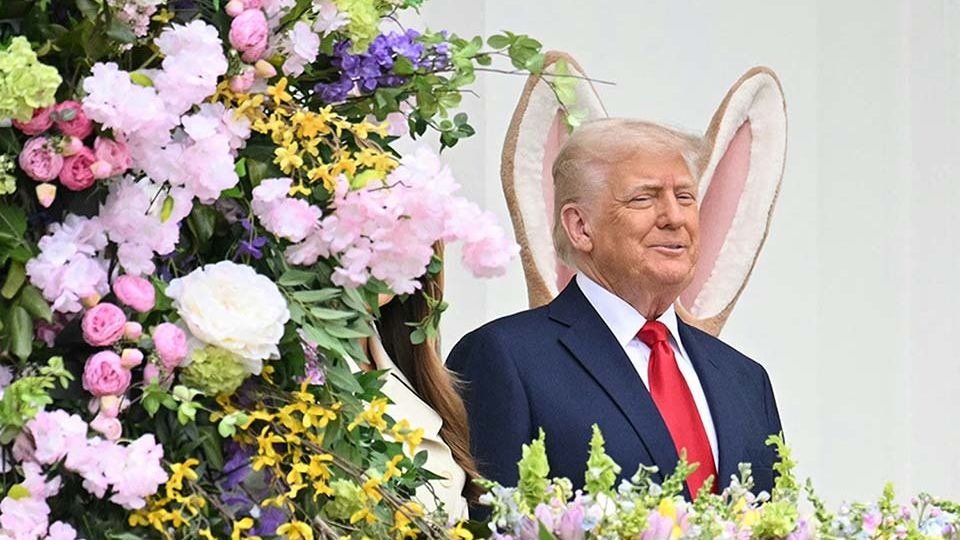The United States, once a symbol of democracy, now faces a troubling shift. Under the potential return of Trump, its democratic foundations are weakening. The system of checks and balances, which once protected the US from overreach, is faltering. This isn’t just an American issue—it affects the entire world. The Philippines, with its own history of authoritarian rule, must be cautious as these changes could repeat here.
America’s Troubling Path
In recent years, the United States has experienced a dramatic political shift. Once a beacon of democracy, the US now faces the erosion of its democratic principles. The checks and balances system, set up to prevent any one branch of government from gaining too much power, is under strain. Under Trump’s leadership, this system is weakening. The president’s power grows, while Congress and the courts struggle to keep it in check.
This change doesn’t only affect the US. Nations worldwide feel the impact. For many years, America shaped global policies. Now, its allies—Canada, Japan, Australia, and European nations—are questioning America’s reliability. Smaller countries, like the Philippines, feel powerless to respond.
A Global Challenge
What’s happening in the US isn’t temporary. It’s a deepening crisis. The US is unraveling, and this could destabilize the global order. The American presidency has immense power, but when misused, it can have far-reaching consequences. Trump, driven by personal gain, risks undermining the very values America once championed.
Is this just a brief moment in history, or the start of a long-term decline? Will America’s institutions—its courts, FBI, Congress, and press—be able to hold the executive branch accountable? These concerns are real, not speculative. They reflect growing unease, both in the US and abroad.
A Mirror to the Philippines
The situation in the Philippines looks eerily similar. Our system, inspired by the US, is at risk of the same breakdown. The Philippine presidency is powerful, and often less restrained by checks and balances. In the 20th century, the lack of checks allowed Ferdinand Marcos to seize power and declare martial law, forever altering the country’s future.
Today, we see similar patterns in leaders like Trump. Like Marcos, Trump challenges democratic norms and pushes for more personal power. His slogan, “Make America Great Again,” rallies his base but risks undermining the very system he claims to protect. If Trump gets another term, he may follow in Marcos’ footsteps and rewrite the rules to extend his power further.
The Temptation of Power
When leaders hold power for a long time, they may be tempted to change the rules. We saw this with Marcos, and now we see signs of it with Trump. A second term for Trump could mark the beginning of a new era of authoritarianism. The US today faces weaker institutional checks, more divided media, and a more polarized public. This environment could allow for the rise of authoritarianism, not just in the US but across the globe.
The Philippines Faces Its Own Reckoning
In the Philippines, our political center is weakening. The educated, principled middle class that once held the country together is splintering. The political scene is now filled with noise, from the Dutertards and Pinklawans to social media influencers feeding off anger and algorithms. As the 2028 elections approach, we must ask: Could this be our last truly democratic election?
The risk of sliding into authoritarianism is greater than it was in 1972. If we don’t learn from history, we could face another dictatorship. The next people power movement might not come until 2046. We must act now to preserve democracy.
The world is watching America’s shift toward authoritarianism, and so must the Philippines. If America falters, smaller countries like ours could be at risk. The time to act is now. We must protect democracy and ensure that history doesn’t repeat itself.

